Maximizing Your Capital Assets: The Importance of Accurate Record Keeping.
Capital assets, such as equipment, vehicles, and real estate, are a significant investment for any business. Properly tracking and managing these assets can help a business make informed decisions and improve financial performance. However, many business owners struggle to keep accurate and up-to-date records of their capital assets. As an accounting firm, we often see the consequences of not keeping accurate records, leading to financial and operational issues. In this blog post, we will discuss the importance of proper record-keeping when it comes to capital assets, the potential issues that can arise from not keeping accurate records, and ways to avoid them. It is important for businesses to understand the importance of accurate records in order to make informed decisions, improve financial performance and ensure compliance with laws and regulations.
Proper record-keeping of capital assets is essential for running a successful business as it helps to ensure that you have an accurate picture of the value of your assets and how they are being used. Accurate records of capital assets are necessary for calculating and reporting the value of these assets, tracking the movement and use of these assets, and providing information for audits and compliance reviews.
One of the most common issues that can arise from not keeping accurate records of capital assets is the potential for errors in calculating the value of these assets. If your records are inaccurate, you may be overstating or understating the value of your assets, which can lead to errors in your financial statements and taxes. Additionally, if your records are inaccurate, it can lead to difficulty in tracking the movement and use of these assets, which can lead to compliance issues and legal liability.
Another issue that can arise from not keeping accurate records of capital assets is the potential for operational inefficiency. Accurate records of capital assets are essential for proper budgeting, planning, and decision-making. Without accurate records, it becomes difficult to determine the cost of your assets, which can make it difficult to determine if it is cost-effective to maintain these assets or not.
To avoid these issues, it’s important to keep accurate and up-to-date records of capital assets. This includes keeping records of all capital assets, including names, descriptions, purchase dates, costs, and any receipts or invoices. It’s also important to have a system in place to track and monitor capital assets and to conduct regular physical inventory counts to ensure that your records are accurate. Additionally, it’s important to stay up to date with any changes in accounting standards, laws, and regulations regarding capital assets, and consult with a professional to ensure compliance.
Another way to avoid these issues is by using automated capital assets tracking systems, which can help ensure that all records are accurate and up-to-date. Automated systems can also help with compliance by providing detailed reports for audits and reviews, and also with forecasting, budgeting, and making decisions regarding capital assets.

